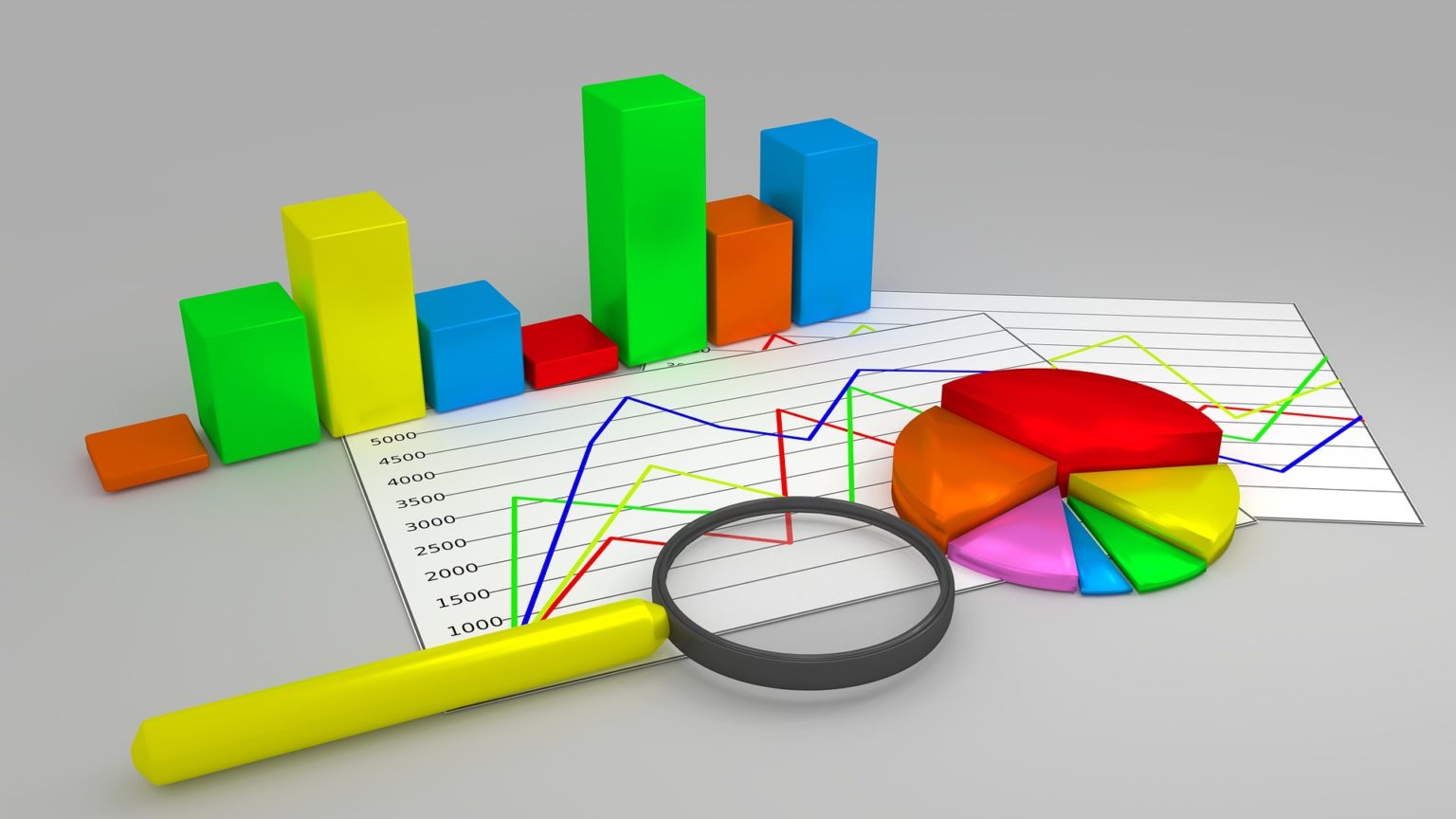Department of Statistics
B.Sc. in Statistics
Three for regular
Students must take and pass all the required modules to satisfy the requirements for graduation. Other requirements might be set by specific University graduation requirements, including; A minimum CGPA & MGPA of 2.00, no Fx, F, NG, I grades in any course and compliance with other regulation of a specific University.
In order to qualify for graduation, a candidate should take courses/modules equivalent to 180-182 ECTS, a minimum CGPA and MGPA of 2.00 and no “F” grade in any one of the courses.
Program Details
Statistics teaches students how to collect, analyze, and interpret data. Graduates will have the necessary career skills to work in a range of fields. A statistics degree teaches you how to turn data into meaningful insights, which is a valuable ability for many businesses and organizations.

Carrier Direction
- Develop or apply mathematical or statistical theory and methods to collect, organize, interpret, and summarize numerical data to provide usable information. May specialize in fields such as biostatistics, agricultural statistics, business statistics, or economic statistics. Includes mathematical and survey statisticians. Analyze and interpret statistical data to identify significant differences in relationships among sources of information.
- Identify relationships and trends in data, as well as any factors that could affect the results of research.
- Determine whether statistical methods are appropriate, based on user needs or research questions of interest.
Jobs directly related to your degree include:
- Actuarial analyst
- Actuary
- Civil Service fast streamer
- Data analyst
- Data scientist
- Financial risk analyst
- Investment analyst
- Market researcher
- Operational researcher Statistician
- Jobs where your degree would be useful include: Business analyst Chartered accountant Economist Financial manager Financial trader Insurance underwriter Machine learning engineer Research scientist (math)
A statistics degree provides students with strong data analysis and manipulation skills. These major subject-specific skills will be useful in a career in statistics:
- Using analytical research methods to assess results, draw conclusions, and make suggestions from data problem solving and logical thinking applying abstract mathematical principles to practical issues students also learn general abilities that all employers expect, such as: Communication presentation of information organization and planning teamwork and time management
The government and non-governmental organizations (NGOs) are the primary employers of statisticians. Most government departments employ statisticians. Your knowledge and talents, on the other hand, are relevant in a variety of disciplines, including agriculture, economics, education, engineering, medical, and transportation. Examples of typical employers include:
- Financial and banking institutions
- Accounting and insurance firms
- IT firms,
- Logistics firms, and transportation firms
- Hospitals and private health-care providers
- Market research firms,
- Non-profit organizations, and think tanks
- Universities and other educational institutions in the pharmaceutical industry
Courses
| Courses | Course Credit | Course ECTS |
|---|---|---|
| Basic Statistics | 3 | 5 |
| Introduction to Probability Theory | 3 | 5 |
| Statistical Methods | 4 | 6 |
| Statistical Computing I | 3 | 5 |
| Statistical Computing II | 3 | 5 |
| Sampling theory | 4 | 6 |
| Research Methods and Sample survey practice | 4 | 6 |
| Regression Analysis | 3 | 5 |
| Time Series Analysis | 4 | 6 |
| Design and Analysis of Experiments | 4 | 6 |
| Economics for Statistics | 3 | 5 |
| Econometrics | 3 | 5 |
| Categorical Data Analysis | 3 | 5 |
| Introductory Multivariate Methods | 3 | 5 |
| Demography | 3 | 5 |
| Social and Economic Statistics | 3 | 5 |
| Statistical Theory of Distributions | 3 | 5 |
| Statistical Inference | 3 | 5 |
| Research Project | 4 | 6 |
| Operations Research | 3 | 5 |
| Statistical Quality Control | 3 | 5 |
| Biostatistics and Epidemiology | 3 | 5 |
| Actuarial Statistics | 3 | 5 |
| Applied Spatial Statistics | 3 | 5 |
| Statistical Ecology | 3 | 5 |
| Linear Algebra I | 3 | 5 |
| Linear Algebra II | 3 | 5 |
| Calculus I | 4 | 7 |
| Calculus II | 3 | 5 |
| Applied Numerical Analysis | 3 | 5 |
| Introduction to Computer Science | 4 | 6 |
| Fundamentals of Programming | 4 | 7 |
| Fundamentals of Database Systems | 4 | 7 |
| Microeconomics | 3 | 5 |
| Communicative English Skills | 3 | 5 |
| Basic Writing Skills | 3 | 5 |
| Civics and Ethics | 3 | 5 |
| Environmental Science | 3 | 5 |

